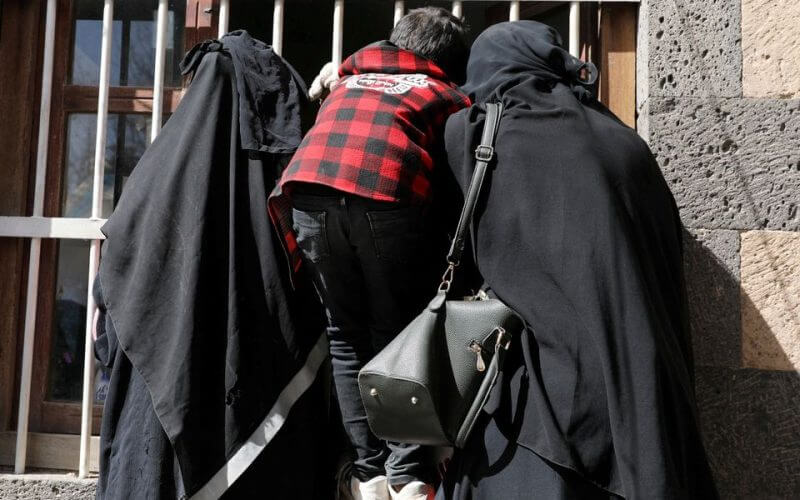Female aid workers in north Yemen cannot do their jobs tackling one of the world's worst humanitarian crises as tightening male guardianship rules by Houthi authorities restrict their movement, nine female humanitarians told Reuters.
When women refuse to take a guardian, they cannot travel to oversee aid projects, collect data and deliver health and other services. When women do take one, gender-sensitive work is difficult and aid budgets must bear extra costs.
One health project manager normally conducts 15-20 visits a year to projects around the country but said she has not made any since the rules requiring Yemeni female aid workers be accompanied by a close male relative - a "mahram" in Arabic – came out a year ago.
"I don't have a lot of men in my family," she said, adding that some women struggle to find willing guardians because relatives are against her working. "Sometimes a woman works without informing someone in her family."
She improvises with video calls, but knows other women have lost jobs because they cannot work effectively.
Related Story: Iran Agrees to Halt Arms Supply to Yemen’s Houthis









